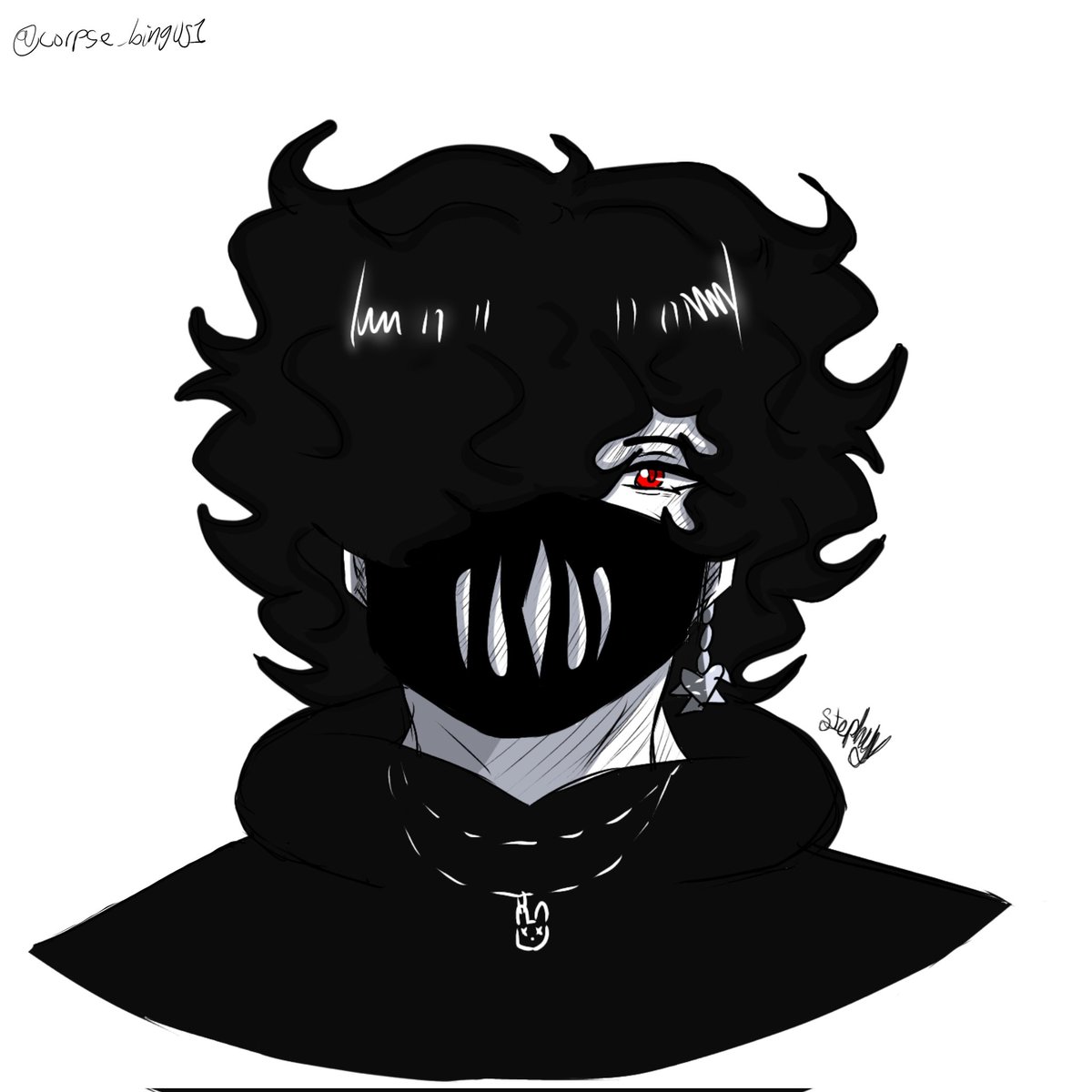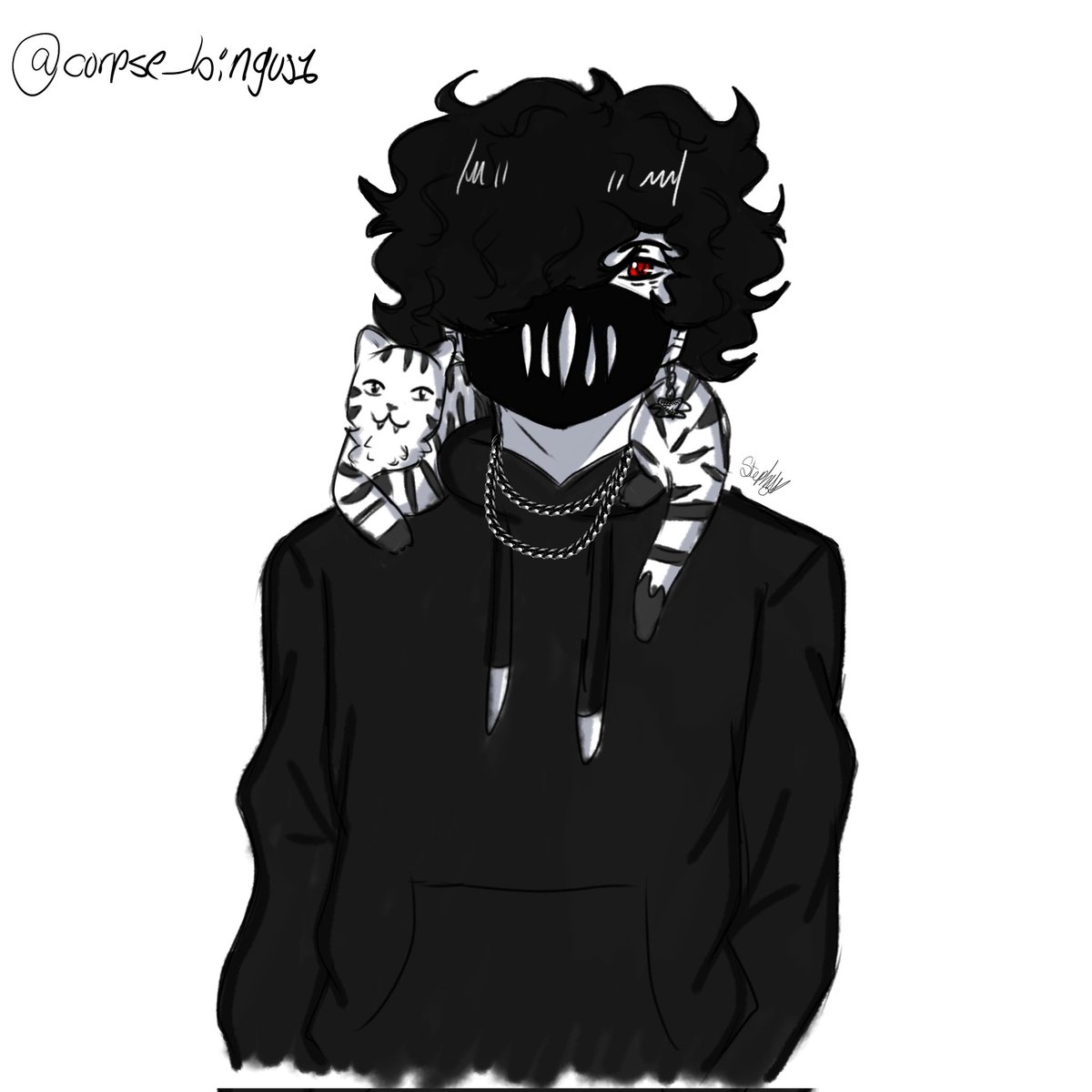Imagine this: You're lying in bed, the world is quiet, and suddenly—you hear it. A chilling sound that feels like it came straight outta a horror movie. Yeah, we're talking about corpse alarms. But before you freak out completely, let's dive into what they really are and why they matter so much.
Now, you might be wondering, "What the heck is a corpse alarm?" Well, buckle up because this topic is not for the faint of heart. Corpse alarms are those strange noises or sensations that some people experience when they're close to death—or at least that's how it feels in the moment. It's like your body's way of saying, "Hey, pay attention!"
But don't worry, we're here to break it down for you. From the science behind it to real-life stories, we'll cover everything you need to know about corpse alarms. So, whether you're a curious mind or just someone who loves a good mystery, keep reading 'cause it's gonna get wild.
- Surthycooks Net Worth The Untold Story Behind The Culinary Success
- Dave Chappelle Diddy Episode A Deep Dive Into Comedy Rivalries And Pop Culture
What Exactly Is a Corpse Alarm?
Let's start with the basics. A corpse alarm isn't actually an alarm in the traditional sense. It's more like a biological response triggered by certain conditions in the body. Think of it as your body's emergency broadcast system, but instead of warning you about weather disasters, it's warning you about something way deeper—your mortality.
Scientifically speaking, corpse alarms are often linked to conditions like sleep paralysis or hypnic jerks. These phenomena can cause people to experience bizarre sensations, such as hearing loud noises or feeling like they're floating. And while it might sound freaky, it's actually pretty common.
Common Symptoms of Corpse Alarms
So, what does a corpse alarm feel like? Here are some common symptoms:
- Corte Tlacuache The Ultimate Guide To Discovering This Unique Mexican Tradition
- Unveiling The Secrets Of Motel Nikuniwe A Unique Experience
- Hearing loud bangs or crashes
- Feeling like you're being watched
- Experiencing shortness of breath
- Seeing strange lights or shadows
- Feeling paralyzed or unable to move
These symptoms can vary from person to person, but they all point to the same thing: your brain is trying to process something unusual. And yeah, it can be super scary, but understanding it can help you feel a little less freaked out.
Why Do Corpse Alarms Happen?
This is where things get really interesting. Scientists have been studying corpse alarms for years, and while there's no definitive answer, there are a few theories that make sense. One of the most popular theories is that corpse alarms are a result of the brain misinterpreting signals during the transition between wakefulness and sleep.
Another theory suggests that corpse alarms could be linked to stress or anxiety. When your mind is racing with worries, it can cause your body to react in strange ways. It's like your brain is on high alert, trying to protect you from perceived threats—even if those threats aren't real.
Neuroscience Behind Corpse Alarms
Let's dive a little deeper into the neuroscience behind corpse alarms. During sleep, your brain goes through different stages, including REM (rapid eye movement) sleep. In this stage, your brain is highly active, which can lead to vivid dreams and sometimes, bizarre sensations.
When something disrupts this process—like stress or an irregular sleep schedule—it can cause your brain to misfire. This misfiring can result in the symptoms we associate with corpse alarms. Cool, right?
Is There a Connection Between Corpse Alarms and Death?
Now, here's the million-dollar question: Are corpse alarms a sign of impending death? While it might sound dramatic, there's actually some evidence to suggest that corpse alarms could be linked to mortality. Studies have shown that people who experience frequent corpse alarms may have a higher risk of certain health conditions, such as heart disease or anxiety disorders.
But before you panic, it's important to note that corpse alarms are usually harmless. Most people who experience them will never encounter any serious health issues. However, if you're noticing these symptoms regularly, it might be worth talking to a doctor just to be safe.
Myths About Corpse Alarms
Over the years, corpse alarms have been the subject of countless myths and legends. Some people believe they're a sign of spiritual activity, while others think they're caused by supernatural forces. But the truth is, most of these myths are just that—myths.
For example, some cultures believe that corpse alarms are caused by evil spirits trying to steal your soul. While it's a fun story, there's no scientific evidence to support this claim. Instead, most experts agree that corpse alarms are a natural response to certain conditions in the body.
How to Deal with Corpse Alarms
So, what can you do if you're experiencing corpse alarms? The good news is, there are plenty of strategies you can try to reduce their frequency and intensity. Here are a few tips:
- Practice good sleep hygiene by sticking to a regular sleep schedule
- Reduce stress through meditation or deep breathing exercises
- Limit caffeine and alcohol consumption
- Exercise regularly to improve overall health
- Seek professional help if symptoms persist
Remember, everyone's experience with corpse alarms is different. What works for one person might not work for another, so it's important to find what works best for you.
When to See a Doctor
While corpse alarms are usually harmless, there are times when you should seek medical attention. If you're experiencing symptoms like chest pain, difficulty breathing, or persistent anxiety, it's a good idea to talk to a doctor. They can help rule out any underlying health conditions and provide guidance on how to manage your symptoms.
Real-Life Stories of Corpse Alarms
One of the best ways to understand corpse alarms is to hear from people who have experienced them firsthand. Here are a few real-life stories that shed light on what it's like to live with this phenomenon:
Story 1: "I was lying in bed one night when I suddenly heard a loud bang. It was so loud that I thought someone had broken into my house. I sat up in bed, heart racing, and looked around—but there was no one there. It wasn't until later that I realized it was just a corpse alarm."
Story 2: "I've experienced corpse alarms a few times, and it's always terrifying. I feel like I'm being watched, and I can't move no matter how hard I try. It's like my body is frozen in place. But after reading about it, I've learned that it's just my brain playing tricks on me."
Learning from Personal Experiences
Hearing these stories can help us understand that corpse alarms are a common experience. While they might seem scary at first, knowing that others have gone through the same thing can be comforting. It also highlights the importance of education and awareness when it comes to understanding our bodies and minds.
Can Corpse Alarms Be Prevented?
While there's no guaranteed way to prevent corpse alarms, there are steps you can take to reduce their likelihood. As we mentioned earlier, practicing good sleep hygiene and managing stress are key. Additionally, staying physically active and eating a balanced diet can also help improve overall health and reduce the risk of experiencing corpse alarms.
Of course, everyone's body is different, so what works for one person might not work for another. That's why it's important to experiment with different strategies and find what works best for you.
The Role of Technology
In today's digital age, technology can also play a role in preventing corpse alarms. Apps like meditation guides and sleep trackers can help you monitor your sleep patterns and identify potential triggers. While they're not a cure-all, they can be a helpful tool in managing symptoms.
Conclusion: Embrace the Mystery
Corpse alarms might be scary, but they're also a fascinating reminder of how complex and mysterious the human body is. By understanding what they are and how they work, we can take steps to manage them and reduce their impact on our lives.
So, the next time you experience a corpse alarm, try to remember that it's just your body's way of saying, "Hey, pay attention!" And if you're still feeling freaked out, don't hesitate to reach out to a doctor or mental health professional for support.
Now it's your turn. Have you ever experienced a corpse alarm? Share your story in the comments below, and don't forget to check out our other articles for more insights into the mysteries of the human body.
Table of Contents
- What Exactly Is a Corpse Alarm?
- Common Symptoms of Corpse Alarms
- Why Do Corpse Alarms Happen?
- Neuroscience Behind Corpse Alarms
- Is There a Connection Between Corpse Alarms and Death?
- Myths About Corpse Alarms
- How to Deal with Corpse Alarms
- When to See a Doctor
- Real-Life Stories of Corpse Alarms
- Can Corpse Alarms Be Prevented?
- Corium Inversiones Honduras A Deep Dive Into Investment Opportunities In Central America
- Hairstyles For Dolls A Fun Guide To Transforming Your Dolls Look


